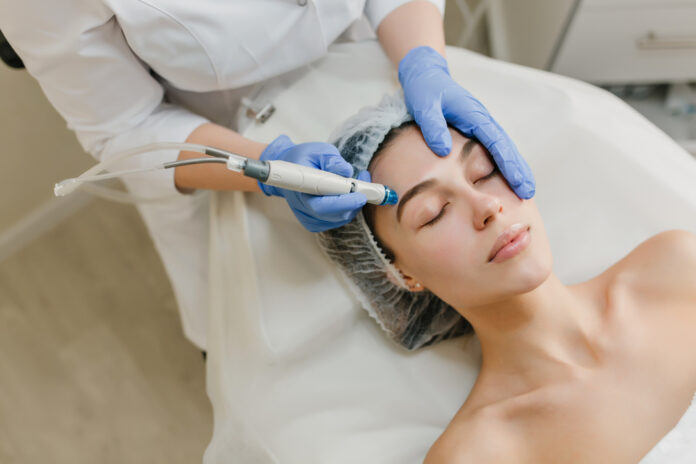Preventive care is the cornerstone of healthy living. Early detection and proactive measures can significantly reduce the risks associated with serious illnesses. Among these, skin cancer remains a growing concern worldwide. With rising exposure to the sun and increased awareness, specialized services like a skin cancer clinic have become essential. These clinics not only focus on treatment but also emphasize prevention, education, and ongoing support for patients.
Regular Skin Screening Services
A skin cancer clinic offers comprehensive skin screenings to identify potential issues before they become severe. Dermatologists at these clinics examine moles, freckles, and other skin irregularities closely. Early detection of suspicious lesions can save lives. Regular screenings help patients understand their unique skin patterns and recognize warning signs. This proactive approach ensures that any changes are noted promptly, keeping preventive care at the forefront.
Personalized Risk Assessments
Risk factors for skin cancer vary from person to person. A skin cancer clinic evaluates individual history, genetic predispositions, and lifestyle choices to determine risk levels. Personalized assessments guide patients in taking preventive actions tailored to their needs. By understanding personal risks, patients can adopt safer sun practices and lifestyle adjustments, significantly lowering the likelihood of skin cancer development. A tailored strategy makes prevention practical and effective.
Skin Cancer Education on Sun Safety
Education is a vital part of preventive care at a skin cancer clinic. Patients learn about the harmful effects of UV rays and the importance of protective measures. Clinics often provide guidance on sunscreen application, appropriate clothing, and the timing of outdoor activities. Educated patients are more likely to follow safety routines consistently. This knowledge empowers individuals to make informed choices daily, reducing overall risk. A skin cancer clinic ensures that awareness translates into action.
Early Intervention Techniques
Preventive care does not stop at education; early intervention is equally important. Skin cancer clinics offer minor procedures to remove precancerous growths and abnormal skin cells. Timely interventions can prevent malignant transformations and more extensive treatments later. By addressing potential issues early, clinics play a crucial role in mitigating serious health threats. Patients leave with a clear plan and reassurance, knowing they are actively preventing skin cancer.
Lifestyle Guidance for Prevention
A skin cancer clinic also provides advice on lifestyle choices that influence skin health. Recommendations may include diet, hydration, and habits that minimize sun exposure. Incorporating preventive habits into daily routines strengthens long-term health outcomes. Clinics encourage regular self-examinations and prompt reporting of changes. This holistic approach ensures patients are actively engaged in maintaining healthy skin, complementing clinical efforts.
Follow-Up and Monitoring
Consistent follow-up is a hallmark of effective preventive care. Skin cancer clinics schedule regular visits to monitor patients’ progress and detect new concerns early. These check-ins allow dermatologists to update risk assessments and adjust preventive strategies as needed. Continuous monitoring reassures patients and reinforces the importance of vigilance. A structured follow-up plan ensures that prevention remains an ongoing priority rather than a one-time effort.
Conclusion
A skin cancer clinic is more than a treatment facility; it is a center for prevention, education, and early intervention. Through screenings, personalized assessments, sun safety education, early interventions, lifestyle guidance, and regular follow-ups, these clinics empower patients to take control of their skin health. By prioritizing preventive care, individuals can reduce their risk of skin cancer while fostering long-term wellness.










